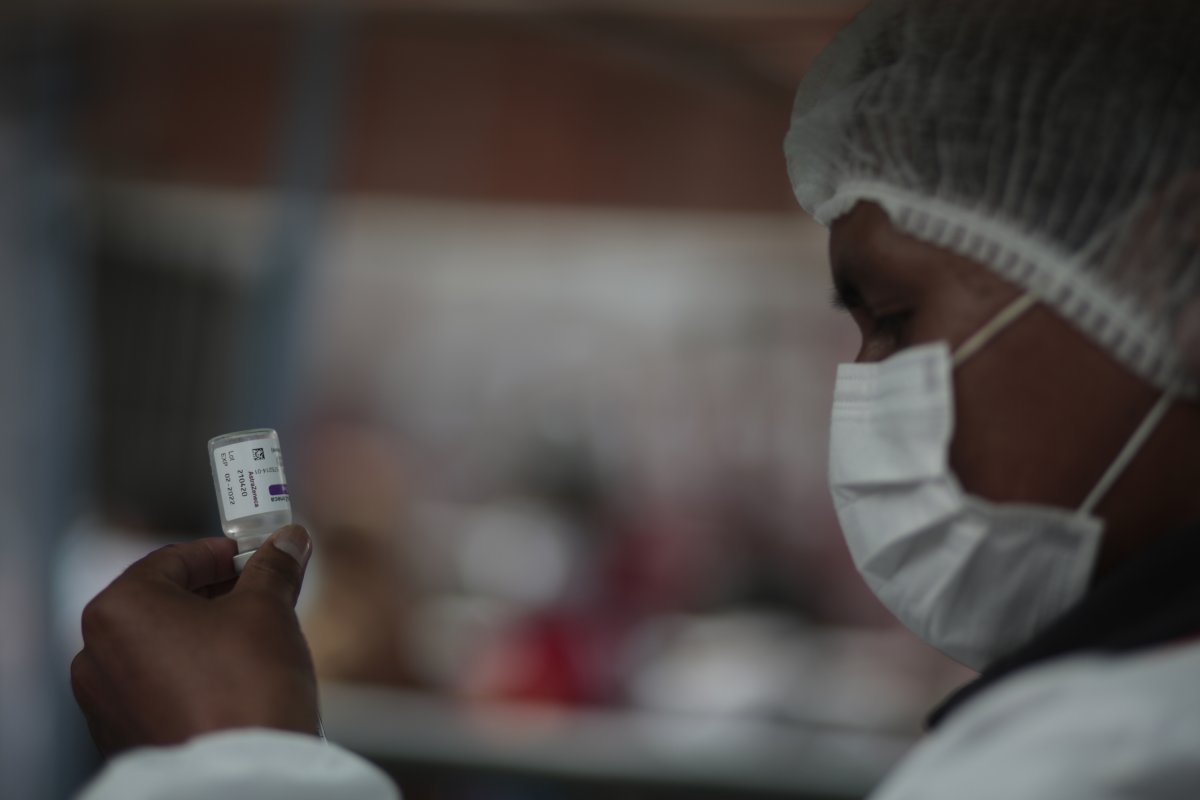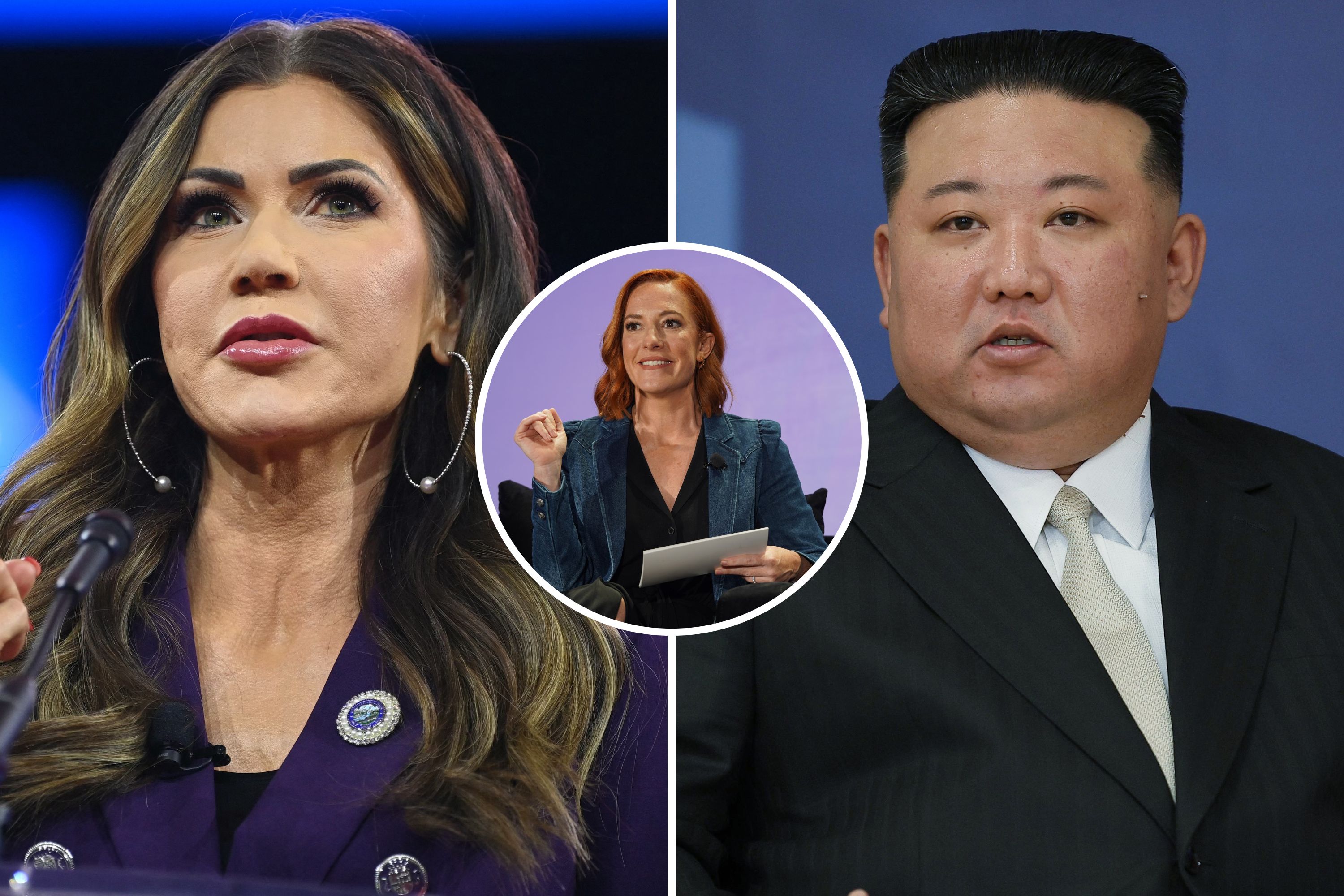The emergence of the new Omicron variant is not an act of God. It is the widely predicted result of a huge global policy failure. Governments in rich countries, such as the U.S. and U.K., knowingly allowed low- and middle-income countries to go unvaccinated. If they had had the foresight to realize this decision would result in the emergence of new variants—and new restrictions and lockdowns—perhaps they would have shared vaccines and pushed pharmaceutical companies to share vaccine recipes. Instead, rich countries have prioritized vaccine nationalism.
As a result, we all go into 2022 facing health and economic uncertainty. This is the definition of self-defeating policy. But it is not too late to change course.
In large parts of the global north, 60-75 percent of people are now fully vaccinated against COVID-19, and roll-out programs are reaching those considered low-risk, including children. Rich countries are also doubling down on booster programs to prevent their health systems from becoming overwhelmed.
Meanwhile, in most low- and middle-income countries, vaccination rates languish in the single digits. Across Africa, for example, just over 8 percent of the continent's population has been fully vaccinated, according to WHO data.
While those in the poorest nations go without, the G7 countries will this year send 100 million doses to be destroyed because they can't use all of their supply. In August, the British government, which ordered four times as many vaccines as it needed, threw away more than 600,000 doses of AstraZeneca vaccine that were allowed to pass their expiry date. And Britain isn't alone. In France, one quarter of AstraZeneca vaccines were wasted in April while, in the U.S., according to the CDC, 15 million Pfizer and Moderna doses were scrapped between March and September.
Unused doses delivered to low-and-middle-income countries have often been so near expiry that they had to be destroyed before they could be distributed. Nigeria, where some 2 percent of the population is fully vaccinated, recently had to throw away a million AstraZeneca vaccines because they had expired.
The African Union has called out the fact that the majority of vaccine donations to Africa to date have been ad hoc, provided with little notice and with short shelf lives. Donating near-expiry vaccinations to salve the conscience of wealthy nations is not effective.

Fixing the disparity between the vaccine "haves" and "have nots" comes down to political will. By the end of the year, we will have produced enough shots to vaccinate the entire world. Yet the richest countries are making a political choice to distribute them unfairly.
Despite talking up their commitments to schemes such as COVAX, many vaccine "rich" countries are falling woefully short. According to recent data, the U.K. has fulfilled just 8 percent of its promised delivery to low- and middle-income countries. The U.S., France and Germany are also proving sluggish in their delivery and, like the U.K., are now prioritizing booster rounds ahead of global inoculation.
The G7 and European Union combined have 769.8 million vaccines to spare this year even after accounting for boosters. They have also routinely hampered efforts, first put forward to the WTO in October 2020, to suspend intellectual property rights around COVID technologies, such as vaccines, testing kits and other treatments. The U.K. and Germany, in particular, have put the interests of their own pharma companies above the global public interest, even though these companies have already made vast profits and received public funds.
Indeed, on the day the WHO confirmed the Omicron variant, Moderna stocks surged by more than 20 percent, Pfizer jumped by 6 percent and BioNTech went up more than 14 percent. This sector can afford to share intellectual property with the world's poorest.
Omicron has set us back and undermined calls for richer countries to do more. A WTO meeting, which was due to consider a TRIPs waiver as a means of expediting production and global information-sharing, has been indefinitely postponed. And while the WHO continues to push for vaccinating 40 percent of people in all countries by the end of 2021, and 70 percent by mid-2022, it is likely that between 70 and 80 countries will fail to meet that 40 percent target.
As I and others have argued, the longer richer countries drag their feet, the more opportunities we will lose to tackle the damage and inequalities wrought by COVID-19. As the emergence and spread of this latest variant shows, the pandemic continues to be a global problem, one that requires a united global response.
No policy of vaccine nationalism can succeed in these circumstances. By refusing to share patents and stockpiling supply, vaccine "rich" countries are simply blocking the world's escape route from this crisis.
Mark Malloch-Brown is the president of the Open Society Foundations and a former UN Deputy Secretary-General. He was also a signatory to a joint statement by the Global Alliance of Foundations—which comprises some of the world's largest philanthropies—on the need for greater global equity on COVID vaccines and treatments.
The views expressed in this article are the writer's own.
Uncommon Knowledge
Newsweek is committed to challenging conventional wisdom and finding connections in the search for common ground.
Newsweek is committed to challenging conventional wisdom and finding connections in the search for common ground.
About the writer
To read how Newsweek uses AI as a newsroom tool, Click here.






